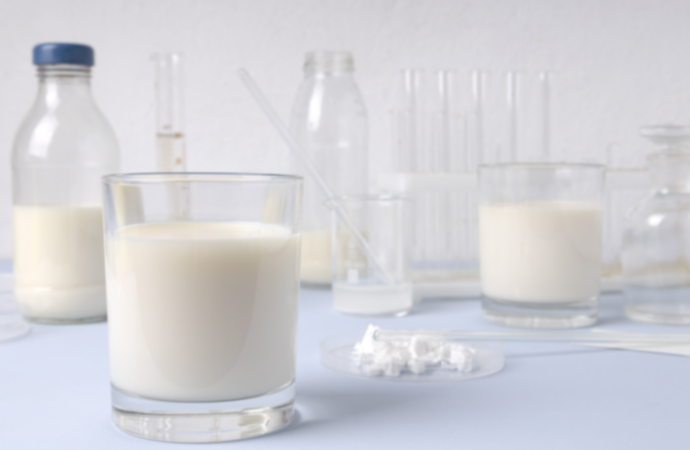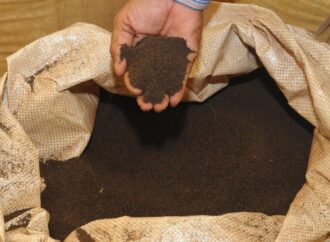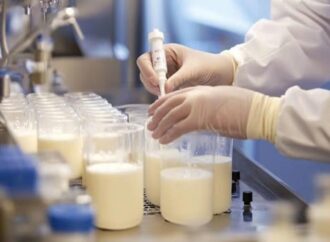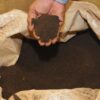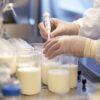Key Development
Israeli food company Strauss Group, in partnership with Imagindairy, is preparing to launch cow-free milk and cream cheese in retail stores across Israel. The products are made using precision fermentation, a method that produces dairy proteins without animals.
Precision Fermentation Ensures Safety
Imagindairy produces whey protein by feeding microorganisms water, sugar, minerals, and vitamins in sterile bioreactors. The process follows strict food-safety protocols, with no animal blood, guts, or hormones involved. The resulting Beta-lactoglobulin protein is identical to cow’s milk protein but contains no lactose, cholesterol, or hormones, making it suitable for lactose-intolerant consumers. People with milk protein allergies should avoid these products. Strauss Group emphasises that precision fermentation provides a controlled, safe, and scalable method for producing dairy proteins.
Environmental and Industry Impact
Cow-free dairy can significantly reduce resource use. Traditional dairy relies on millions of cows, each consuming 30–50 gallons of water daily and large amounts of feed. Producing whey via microorganisms cuts water and feed requirements while maintaining the same protein output. Think tank ReThinkx predicts that innovations like these could reshape the global dairy industry, potentially reducing U.S. cow populations by 50% by 2030 and affecting livestock, crop supply chains, and related industries.
Conclusion
Cow-free milk offers a safe, efficient, and environmentally sustainable alternative to traditional dairy. With strict lab protocols and precision fermentation, this innovation could redefine dairy production worldwide.
Source: Food Safety News
 Food Manifest
Food Manifest 